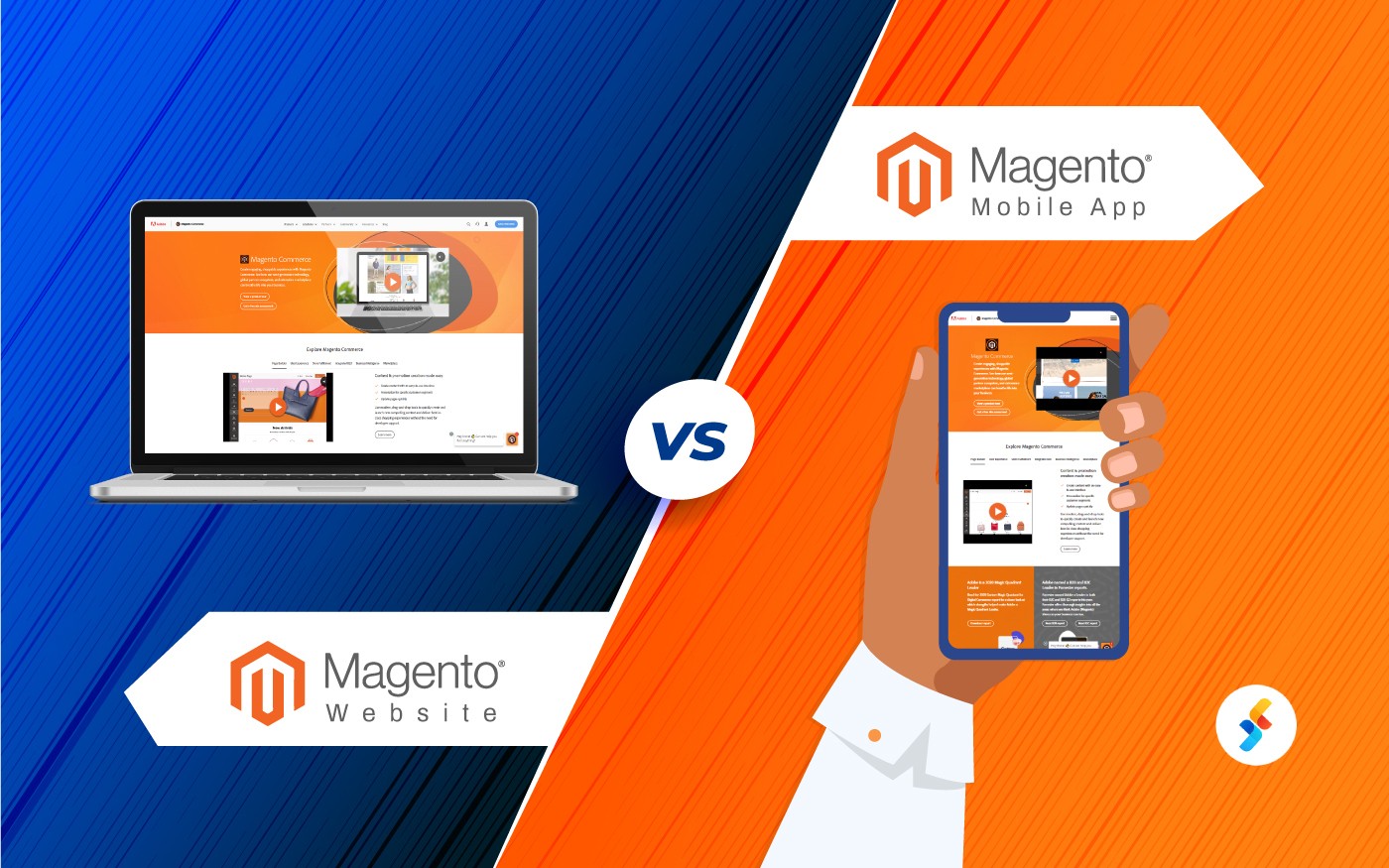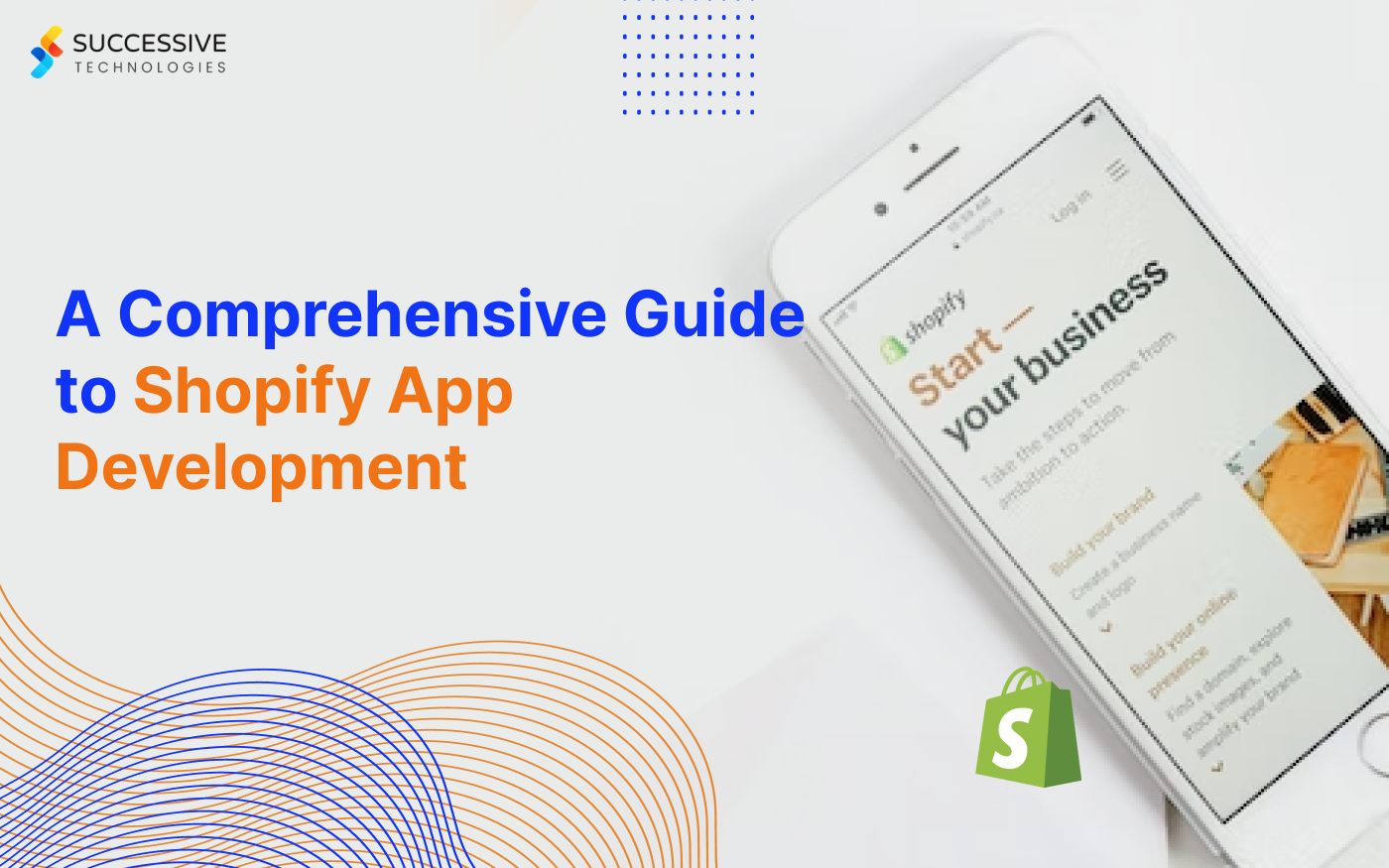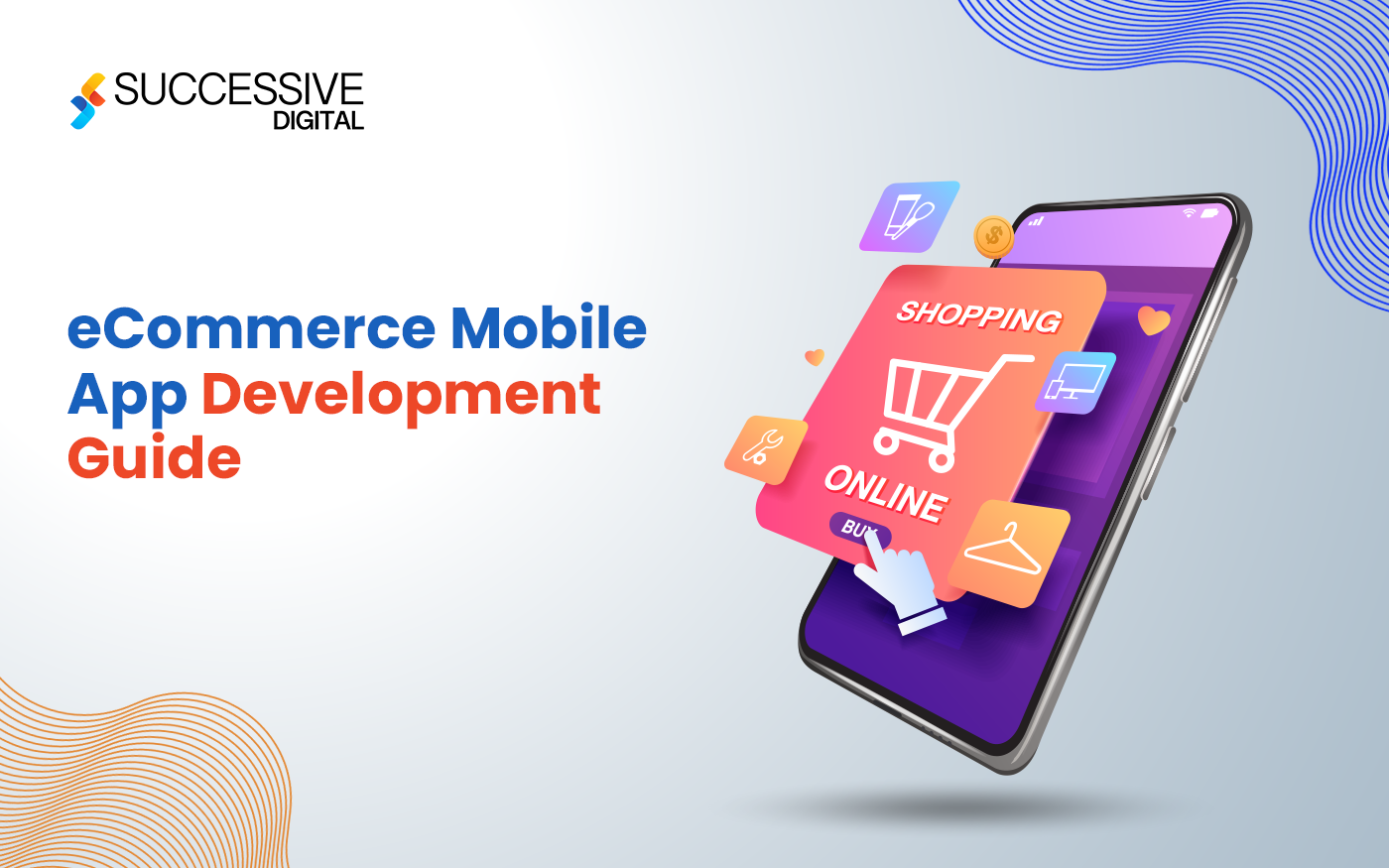Whether you are a well-established enterprise or an emerging startup, creating a successful & impactful online eCommerce business is always challenging. However, online business is quite an easy and smart way of generating substantial revenue. Thus, choosing the right software platform, tools & technologies are crucial. Out of multiple eCommerce software platforms, here are two most reliable and flexible platforms for you— SaaS (Software as a Service) and Custom eCommerce Platforms. In this blog, we’ll be comparing them based on different parameters, so that you can easily choose one according to your business goals.
Comparing SaaS and Custom eCommerce Platforms based on:
Preference
| SaaS (Software-as-a-Service) | Custom eCommerce Platforms |
| Highly preferred for small scale projects. For eCommerce websites having less than 2000 products, SaaS software is a good and recommended option | Perfect for large scale businesses and for applications that require high flexibility |
Architecture & Costing
| SaaS (Software-as-a-Service) | Custom eCommerce Platforms |
| SaaS platform is straightforward, easy, and consumes less time in the set-up | The existing templates are less as compared to the SaaS platform, and you need to create your website from scratch, which is time-consuming also |
| Lower implementation cost | Higher initial and ongoing costs |
Time Factor
| SaaS (Software-as-a-Service) | Custom eCommerce Platforms |
| Requires a maximum of 1 day for set-up, and you are all ready to get started! | Requires a minimum of 3 months to get the software up and operational |
Product Addition
| SaaS (Software-as-a-Service) | Custom eCommerce Platforms |
| Excess addition of products can cause bulkiness and compatibility issues | You can add unlimited products with ease & flexibility without hampering performance |
Scalability
| SaaS (Software-as-a-Service) | Custom eCommerce Platforms |
| Generic structure, minimal scalability | Personalized structure, maximum scalability |
|
Business expansion is limited Reason: Software restrictions |
Business expansion is unlimited Reason: Customized software |
Revenue
| SaaS (Software-as-a-Service) | Custom eCommerce Platforms |
|
Not up to the mark; Revenue Loss
|
Increased Productivity and Better Revenue
|
| Incorporates shared servers that cannot handle a heavy load | Includes reliable servers and data centers that can handle all kinds of load |
| Poor extended searching capability | Excellent extended search capability |
Examples
| SaaS (Software-as-a-Service) | Custom eCommerce Platforms |
| Big Commerce, Volusion, Shopify, and DemandWare | Flipkart, Magento, Woocommerce, and Open cart. |
Conclusion
As you can see, both platforms have their pros and cons; therefore, choosing the best one is entirely based on your preferences, goals, and business requirements. No matter which platform you choose for the development of your eCommerce website, you must go for an experienced and reliable technology partner. Look nowhere. Successive Digital has you covered. Enjoy our rich, customized, quality features with seamless third-party integration that aligns best with your unique business needs. Contact us to know more.












